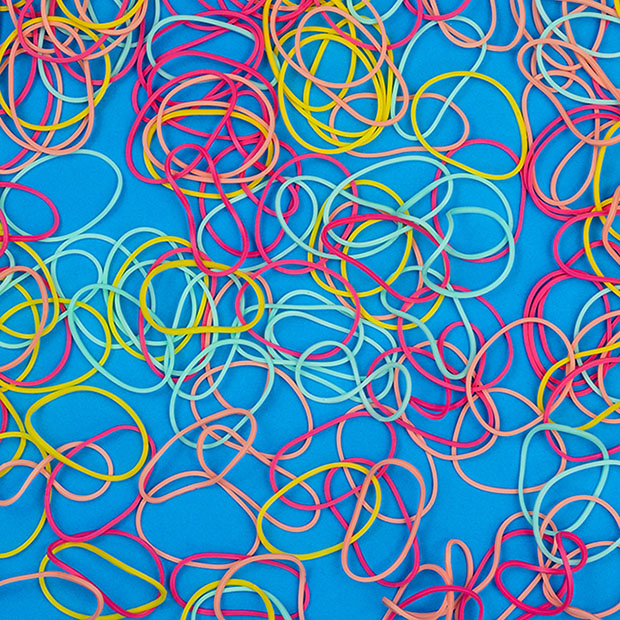Orthodontics Is Not a DIY Project

Human ingenuity is almost endless, and we can see that in all kinds of do-it-yourself projects.
There are so many ways to improve things, fix things, build new things, and save money while doing all of it. But one area that should never intersect with amateur DIY projects is orthodontic treatment. Leave the repositioning of teeth to the professionals, because the consequences of trying to do it without the proper training could be dire.
Steer Clear of Online DIY Braces Trends
Over the last few years, we’ve seen examples of influencers on social media who think they’ve discovered a life hack to skip past seeing an orthodontist through creative use of materials like rubber bands, fishing line, paper clips, earring backs, and dental floss. They position themselves as the pioneers of guerilla orthodontics, but they probably don’t realize that they’re putting their teeth (and their followers’ teeth) at serious risk, not to mention that they’re unlikely to achieve their desired teeth-straightening results.
The problem is that moving teeth into a different position is much more complicated than simply applying pressure to cause movement. Orthodontists spend several years learning everything that goes into the process and all the complexities of the teeth, gums, and jaws. A quick internet tutorial from someone with zero training is nowhere close to a substitute for all that education.
The Expertise That Goes Into Orthodontic Treatment
Many things go into a treatment plan for a patient. We factor in growth patterns in the bones and facial tissues, the way wisdom teeth will affect the position of the other teeth, and the patient’s overall health, just to name a few examples. A teenager with a handful of paper clips can’t account for any of these factors.
The Dangers of DIY Braces
One example of DIY braces gone horribly wrong is David Campbell, who tried to close the gap between his front teeth with rubber bands. The rubber bands kept disappearing overnight — or so it seemed. In reality, they were creeping up beneath his gums towards the roots of his teeth, where they ultimately strangled them. The cost of repairing the damage to his front teeth was much greater than it would have been to get braces from an orthodontist.
Aside from root strangulation, hazards of DIY braces include permanent damage to the tooth enamel. An orthodontist will use special materials and tools to protect the tooth enamel during treatment, but there is no such guarantee with makeshift braces crafted at home. In the end, the teeth could be left discolored, sensitive to temperature changes, and more vulnerable to tooth decay.
Leave Orthodontic Treatment to the Pros
The best outcome to hope for with DIY braces is that they simply won’t work. At worst, they can lead to permanent damage, including tooth loss. The American Association of Orthodontics puts it very well: “Moving teeth is a medical procedure and needs personal supervision by an orthodontist…Moving teeth without a thorough examination of the overall health of the teeth and gums could result in the permanent loss of teeth, which may result in expensive and lifelong dental problems.”